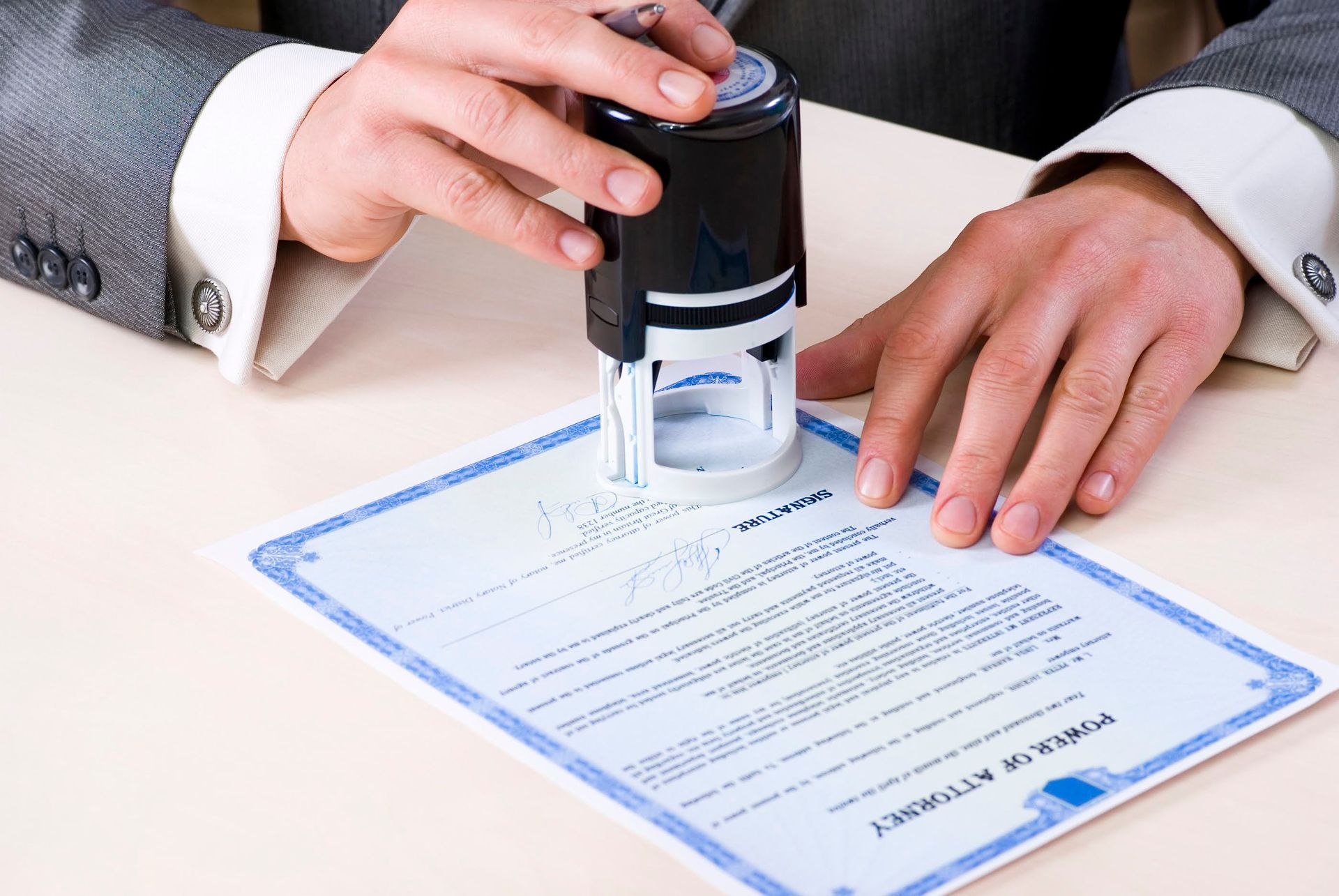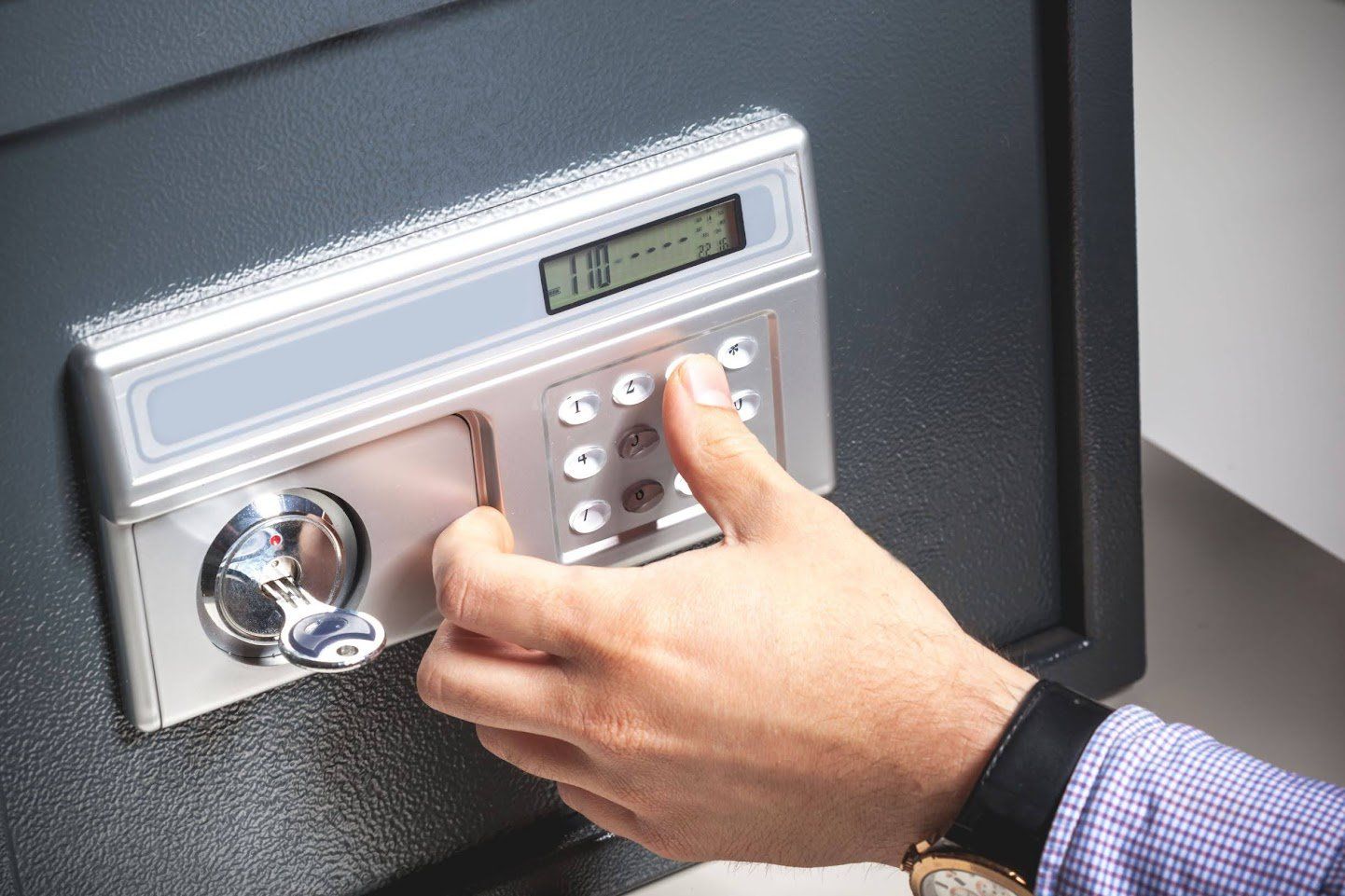Your Guide to Medicaid Planning When Married
One concern that you might have as you age is how you're going to pay for nursing home care. As of 2019, the average nursing home costs $8,121 a month. Such a large amount can quickly erode your hard-earned savings.
Medicaid steps in and assists with the costs of a nursing home once your income reaches a certain threshold. However, the Medicaid program assumes that you will contribute all your income to long-term care expenses. In reality, you might want to dedicate only a small stipend for the expenses.
Families may try to transfer their loved one's assets so that they don't lose their life savings to the costs associated with nursing home care. However, when this is done incorrectly, it can put your loved one's assets at risk and even disqualify them from receiving Medicaid assistance.
Medicaid planning requires extensive planning as a single individual, but if you're married, this it even more important to make the right moves. Read on for valuable information to assist with married Medicaid planning.
Exact Rules Vary With Each State
Medicaid is a program that federal and state governments both fund; this means that the exact rules regarding eligibility and asset limits vary from state to state. Rules also differ if you're married to ensure that the surviving spouse isn't left penniless trying to pay for their spouse's care.
Income Limits
In Florida, there are different guidelines for your assets and your income. A married individual in Florida can't make more than $2,250 on a monthly basis to qualify for Medicaid. Your income includes regular monthly payments, like Social Security and pension benefits.
However, if you're married, you're allowed to transfer a portion of your income to their spouse so that they aren't left impoverished. The exact amount depends on your situation, but the maximum transferable income falls between $2,003 and $3,090. If one spouse doesn't require care in a nursing home, this ensures that they have ample funds to support themselves.
Asset Limits
There are also laws that limit how many assets you can retain to qualify for Medicaid. These figures vary based on your marital status, whether you're applying for Medicaid as a couple, and the type of assets that you have.
Countable assets are included in calculations that determine if an individual possesses too many assets to qualify for Medicaid, while exempt assets do not count. Assets considered countable include items like stocks, bonds, investment accounts, checking accounts, and savings accounts. You can hold up to $2,000 in countable assets if you're single and up to $3,000 in assets if you're married and both spouses want to apply for Medicaid.
Home equity and your personal vehicle are considered exempt assets, though they are governed by a few rules. Florida permits you to exclude up to $840,000 in home equity. Equity that exceeds this amount must go towards paying for your nursing home expenses.
You're allowed to exempt the equity in your vehicle if it's you only means of transportation. There are no limitations that govern how much vehicle equity you can exempt for your primary vehicle. However, if you own multiple vehicles that are less than seven years old, the values of these vehicles must be included. Vehicles older than seven years old are labeled countable assets if they're considered luxury or classic vehicles.
It's possible to convert countable assets into exempt assets in some cases. For example, if your home needs repairs, you can spend some of your savings (a countable asset) to make the necessary renovations (effectively converting it into home equity, an exempt asset.) Consult with an attorney to make sure that your plans won't trigger scrutiny when your spouse applies for Medicaid.
Community Spouse Resource Allowance
In situation where one spouse doesn't require nursing home care, the spouse can use their Community Spouse Resource Allowance (CSRA) to exempt more countable assets. Florida law currently permits spouses to exempt up to $120,900 without impacting their spouse's ability to qualify for Medicaid.
Ready to begin your Medicaid planning? Contact Donald B. Linsky & Associate PA to schedule an appointment.
CONTACT INFORMATION
Sun City Center FL 33573













